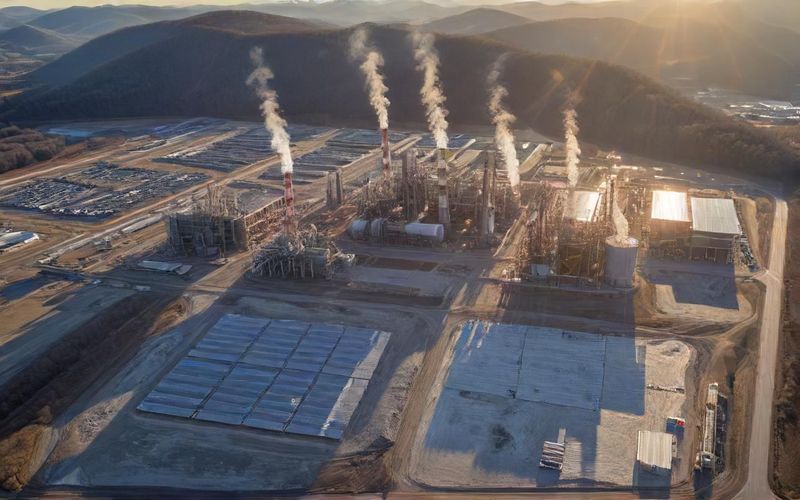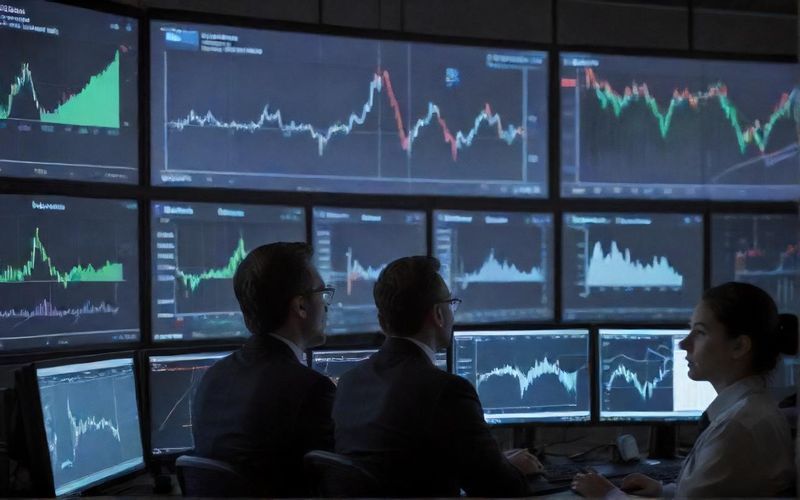Tax Refunds vs. Tariffs: Your 2026 Dollar Dilemma

This influx of cash offers a much-needed balm for many, particularly low- and moderate-income families. The IRS has also boosted the Earned Income Tax Credit for 2026, meaning those who qualify could see a significant increase in their refunds, even if they owe no federal income tax. For a family with three or more children, the maximum credit could approach $8,300, a substantial sum designed to help with essential expenses. For W-2 workers, this larger refund often stems from an odd quirk: tax withholding rates haven’t been updated to reflect the new tax breaks, leading many to overpay throughout the year.
However, this seemingly good news is complicated by a concurrent rise in import taxes, or tariffs. While personal income tax cuts are being celebrated, the administration’s simultaneous tariff hikes are quietly raising the cost of goods for everyone. These aren't small increases either; estimates suggest tariffs could climb, potentially adding hundreds of dollars to household expenses annually. Unlike the targeted tax cuts that may disproportionately benefit higher earners, tariffs hit lower-income households harder because a larger portion of their budget is dedicated to necessities. This creates a scenario where money given with one hand through refunds is being subtly, and perhaps less visibly, taken away by increased prices.
The ripple effect of this situation is what’s truly fascinating, and perhaps a little concerning. Economists like David Kelly of JPMorgan Asset Management draw parallels to the Covid-19 pandemic, not in cause, but in economic effect. The large influx of refunds, coupled with rising costs due to tariffs, could indeed mimic the stimulus-driven inflation we experienced previously. While current inflation figures hover around 3%, there’s a real possibility of it climbing back up, fueled by this renewed consumer spending power. It’s a delicate dance between stimulating the economy and inadvertently overheating it, all while essential retailers like Walmart, despite absorbing initial costs, will eventually pass these tariff-related price hikes onto consumers.
This creates a complex landscape for individuals trying to manage their finances. While the prospect of a larger tax refund is appealing, and many plan to use it for essentials or debt reduction, the rising cost of goods might quickly erode that benefit. Higher earners, for instance, are expected to save a larger portion of their refunds, potentially exacerbating wealth disparities. It begs the question: who truly benefits most from this economic cocktail of tax cuts and tariffs?
In this environment of uncertainty, where the immediate relief of a tax refund is shadowed by the gradual creep of inflation and rising costs, prudent financial planning becomes more critical than ever. Exploring options beyond traditional savings accounts, such as investments that can act as a hedge against inflation, may be a wise consideration. Understanding your personal tax situation and how these broader economic shifts might affect your wallet is key.
As we look towards 2026, the promise of larger tax refunds is undeniable, yet the underlying economic currents are far from simple. Will this projected refund surge provide a genuine boost to household finances, or will it simply fuel another round of inflation, leaving many no better off?









